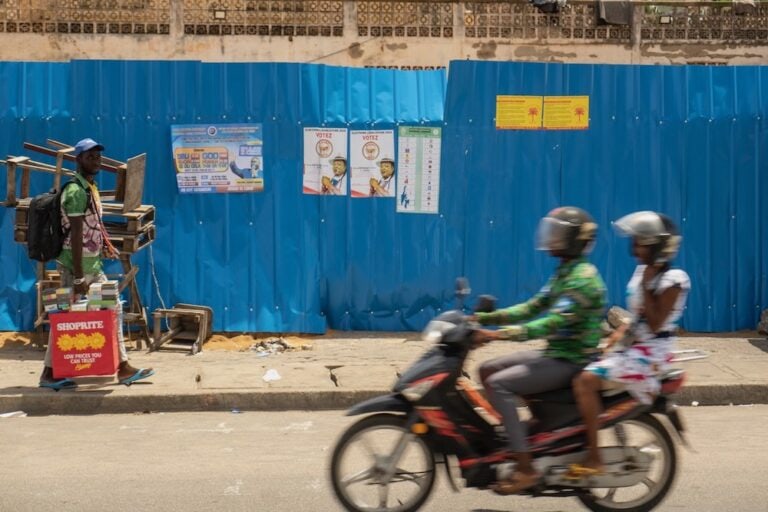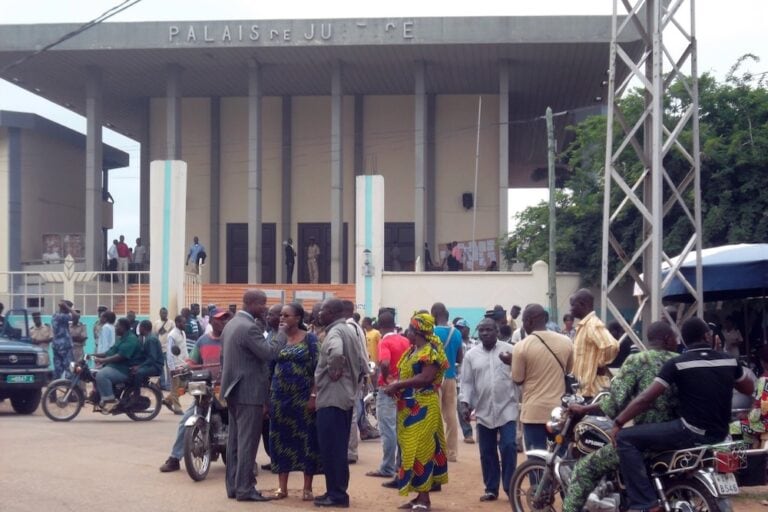**Updates IFEX alert of 29 December 1999** (RSF/IFEX) – In a letter to President Gnassingbé Eyadéma, RSF has asked that the new Press Code not be proclaimed. RSF recalled that Togo has ratified the International Covenant on Civil and Political Rights, which guarantees freedom of expression. Robert Ménard, the organisation’s secretary-general, added that “the bringing […]
**Updates IFEX alert of 29 December 1999**
(RSF/IFEX) – In a letter to President Gnassingbé Eyadéma, RSF has asked that the new Press Code not be proclaimed. RSF recalled that Togo has ratified the International Covenant on Civil and Political Rights, which guarantees freedom of expression. Robert Ménard, the organisation’s secretary-general, added that “the bringing into effect of such a law would constitute a genuine leap backwards for a country which, in reforming its Press Code in 1998 and eliminating prison sentences for violations of press laws, had shown open-mindedness.”
According to RSF’s information, on 4 January 2000, the Parliament adopted a Press Code reform which makes provisions for prison sentences with no parole for violations of press laws. Penalties can include up to six months’ imprisonment and fines of two million CFA Francs (approx. US$3,170; Euro 3,050), notably in cases of “insulting the head of state”. The bill specifies that “in the event of a subsequent offence, the maximum two penalties can be applied twofold and consecutively”. The new text also makes provisions for “the destruction of copies sold, distributed or displayed to the public, and the publication’s suspension for a period of one to three months”. Other violations of press laws are punishable by three months’ imprisonment and fines of one million CFA Francs (approx. US$1,600; Euro 1,500). In all cases, suspended prison sentences have been abolished. Moreover, the new Press Code establishes, for the first time, “administrative penalties”. The minister of the interior and security can “order by decree the seizure of copies of any publication whose content constitutes a violation of press laws, in the context of his police powers”. To that end, the minister can simply “inform” the minister of communications, the Audiovisual and Communications High Council and the state prosecutor. The text further specifies that these penalties “do not exclude the possibility of criminal prosecution”.
Furthermore, RSF also asked for the immediate release of Roland Kpagli Comlan, managing editor of “L’Aurore”, detained since 23 December 1999. He is accused of having falsely asserted that a secondary school pupil had been killed by police officers. On 7 December, the police officers had come to break up a student meeting which was being held in a classroom (see IFEX alerts of 29 December and 23 December 1999).


